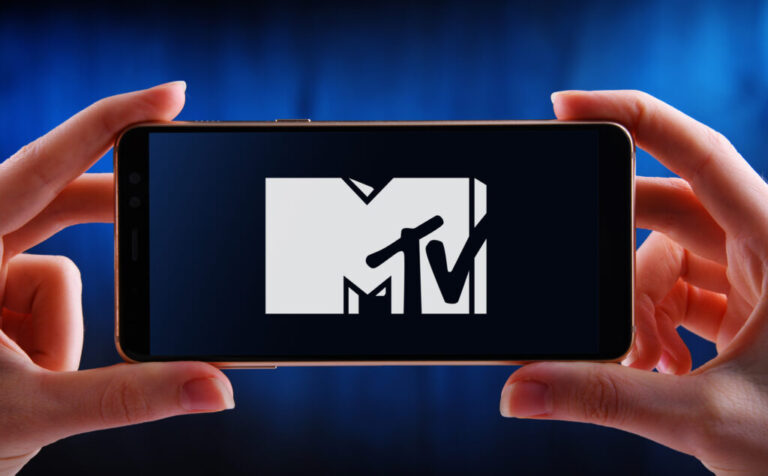I slowly dialed the FBI field office in Chicago and listened to the numerous voice prompts. Not sure what to press, I eventually chose ‘3’ since I am a media representative. A female agent answered.
“Who would I speak to if, uh, compromising material was stolen from my phone?” I asked.
“Let me check with my cyber folks and I’ll get back to you,” she said. “What number can you be reached at?”
While I waited, I imagined what the return call would sound like.
“Mr. Schwem, this is the FBI calling. What has been stolen from your phone?”
“Nothing, as far as I know.”
“This message says something about compromising material.”
“What if I told you naked photos of me were downloaded from my phone and are now circulating without my permission?”
“How old are you, sir?”
“Fifty-one. And a half.”
“Then I’d say, ‘Ewwwww.'” Are you telling me that these photos exist? And that they were stolen?”
“I don’t think so. To both questions.”
“Then please stop wasting the bureau’s time, sir. Our docket’s a little full. We’re investigating possible civil rights violations in Ferguson, Missouri and we’re searching for terrorism suspects worldwide, so if you’ll excuse me…”
“Jennifer Lawrence,” I cut in.
“What about her?”
“The actress. I understand the FBI is investigating the theft of naked photos of Jennifer Lawrence from her phone. And Kate Upton, the model.”
“So?”
“So I want to make sure that, if naked photos of me ever get stolen, I’ll get the same attention. Granted I don’t have an Oscar and I’ll never strut down a runway wearing the latest Parisian fashions but I have feelings, you know. And I value my privacy.”
“I’m sure you do, sir.”
“Also, I read some art gallery in Florida is going to display those photos as part of an exhibit. Can the FBI assure me that I won’t become an object of a similar exhibit? Huh? Can they?”
Then, never one to resist dropping a name if I thought it would help, I continued.
“I’m sure J. Edgar Hoover would back me on this.”
“I think J. Edgar Hoover, may he rest in peace, would tell you not to keep photos like that on your phone. Or in your cloud.”
“That’s the problem,” I said. “I don’t even know if I have a cloud. And I don’t know half the stuff I have on my phone. What’s Google Wallet anyway?”
“No idea, sir. Want us to investigate that, too?”
“Plus, that camera feature is sneaky,” I said, now clearly on an imaginary roll in my imaginary confrontation with a federal agent. “Have you ever dropped your phone and suddenly you have a picture of the pavement as your new screensaver? Happens to me all the time. How do I know that won’t happen when I’m naked?”
“Don’t take your phone in the shower?”
Just as my mind searched for a response, my cell phone rang. Caller ID confirmed that it was the Chicago FBI office calling back. When I answered, I realized it was the same female agent. She assured me that well known individuals such as Lawrence are not given preferential treatment. It just appears that way.
“You guys give them higher priority,” she said, referring to the media’s fascination with covering celebrities.
She added that victims of the crime that befell Lawrence, Upton and other celebrities are typically young and female, but hacking into somebody’s phone is a crime, no matter who the phone belongs to and what is taken.
For all other inquiries regarding the Jennifer Lawrence case, she referred me to the bureau’s LA office.
I saw no need to call the West Coast, for I am not interested in what Jennifer Lawrence does in the privacy of her own home and can only wish prison time on sick individuals who feel private photos are public domain.
But there’s something comforting about knowing that, although I will never have a body like Jennifer Lawrence’s, the United States Department of Justice won’t treat me any differently.




The F-Bomb Has Gone Mainstream — And Nobody Cares Anymore